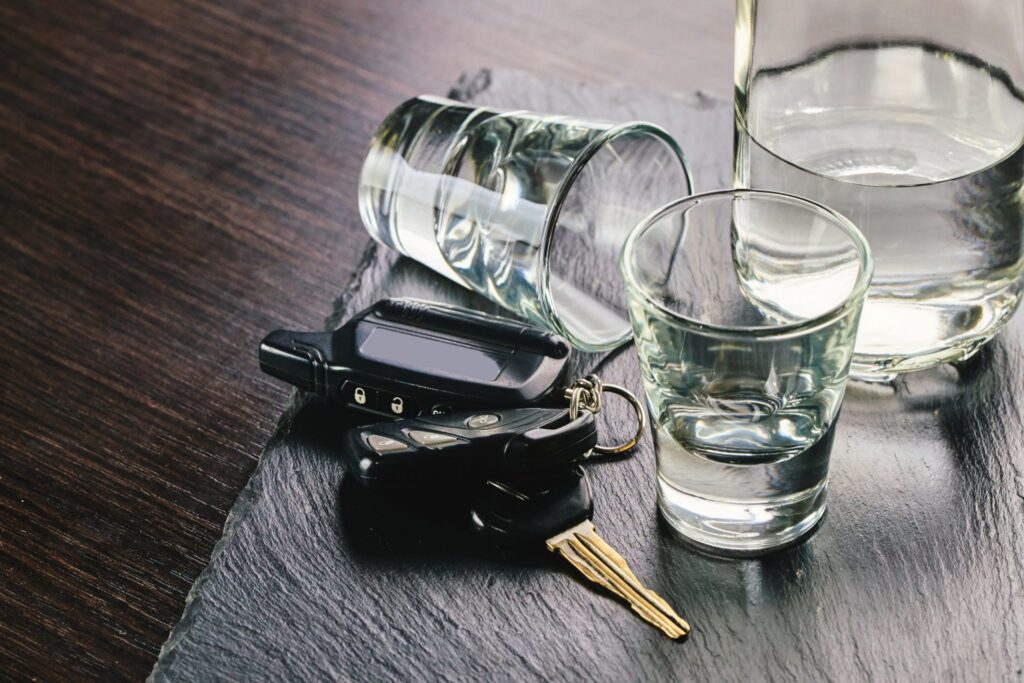If you get pulled over and arrested for operating under the influence (OUI) in Maine, you’ll probably get brought to the police station for additional testing. Police want to get as much evidence against you as possible, so they’ll try to get a blood alcohol content (BAC) reading from a breath or blood test at the station, in addition to whatever breathalyzer or field sobriety testing you took on the road.
However, just like any other search for evidence of a crime, the police have to comply with the Fourth Amendment. This prohibits any searches that are “unreasonable.” When they don’t have a warrant to get you to take a BAC test, though, police have to make their search fit into one of the warrant exceptions. One of these exceptions is when you consent to the search.
However, a new case from the Supreme Court of Maine changes what it means to “consent” to a search in the OUI context.
Consenting to an OUI Test
The case, Maine v. Boyd, was handed down on March 2, 2017.
In the case, Robert Boyd was pulled over and arrested for OUI after failing a field sobriety test. However, when the police officer brought Mr. Boyd to the police station, the breath testing machine malfunctioned. When Mr. Boyd was brought to another station, he kept coughing. Because this could invalidate the BAC reading, the police officer found a paramedic to do a blood test, instead.
The officer, however, never asked Mr. Boyd for his consent. He also never told Mr. Boyd of the consequences of refusing the blood test or that he could request a physician to do the blood draw, and never tried to get a warrant.
Mr. Boyd didn’t object to the blood draw. However, while he cooperated with the blood testing, he also never said that it was okay.
The case went to the Supreme Court of Maine, which decided that Mr. Boyd’s “acquiescence” was not “consent.” Because it was up to the prosecutor in the case to show that the search for evidence was permissible because Mr. Boyd had consented to it, this meant that the evidence from the blood test got thrown away. Without this evidence the prosecutor’s case was doomed.
Maine OUI-Defense Attorney William T. Bly
As we’ll go over in our next blog post, the repercussions of this case are not as extreme as they might seem: Police will just be extra sure that they get your consent before starting a BAC test, in the future.
However, this case is important in that it goes to show how the Fourth Amendment protects you from overzealous police and law enforcement. Your rights are crucial to defend, because letting police walk over them can lead to a criminal conviction that can change your life.
The best way to protect your rights is to hire the most dependable criminal defense and OUI-defense attorney you can find. Contact the law office of William T. Bly online or at (207) 571-8146.


